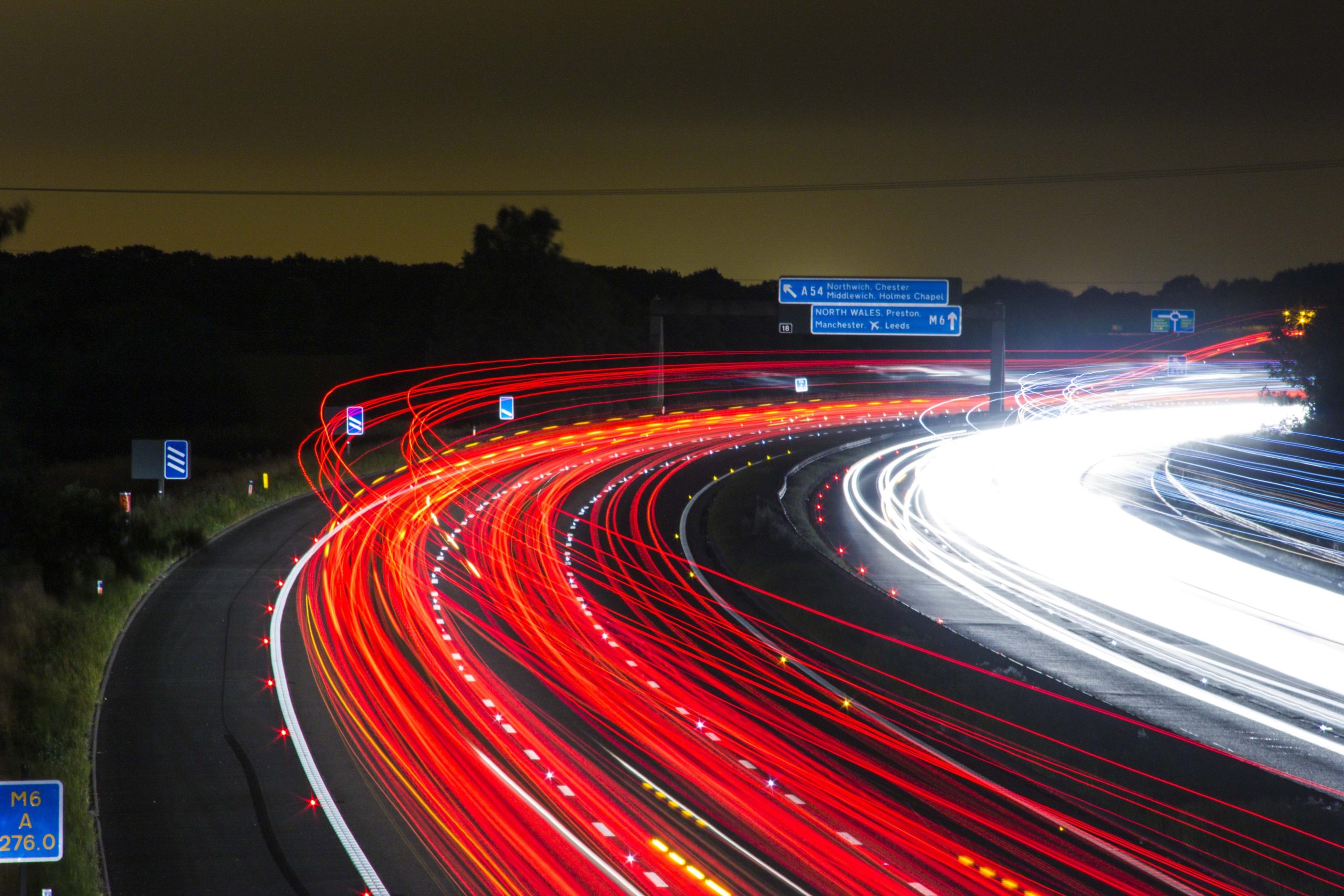March 22, 2022 | by Arthur J. Harrington – Source article
There are strong factors at work to create a technology revolution for mobility. All of the major car manufacturers have announced plans to significantly increase production of electric vehicles (EVs) during the next decade. President Biden has announced a goal to have EVs represent 50% of all new car sales by 2030. The Federal Infrastructure legislation passed late last year includes $7.5B for construction of charging stations for EVs. In addition to these factors, the recent surge in gas prices is creating an additional demand for EVs.
Auto manufacturers, municipalities, public utilities and private developers are poised to offer the infrastructure needed in Wisconsin to support this surging demand for EVs. However, one significant impediment to installing the necessary infrastructure is public utility law in Wisconsin. Under Wisconsin law, only public utilities are authorized to sell power either directly or indirectly to the public. Wis. Stat. sec. 196.01(5)(a). There are numerous cases decided during the past decades that have interpreted under what circumstances a person can sell power to third parties. However, all of these cases are based upon unique facts. None of these cases involved selling power to EV owners from charging stations.
The existence of the public utility law in Wisconsin has created a great deal of uncertainty for third parties providing infrastructure needed for charging EVs in this state. Recently, the Wisconsin Legislature attempted to clarify under what circumstance private parties can offer charging to EV owners without violating the public utility law in Wisconsin. The proposed clarifying legislation (SB 573) would have clarified which parties could provide such charging services, the manner in which fees could be assessed for such services and the source of energy for such stations.
SB 573 included the following elements:
- Charging Fees. Allow non-utility parties to assess fees for EV owners based upon the amount of power utilized at the charging stations rather than minutes required for charging the EV. This would have corrected a fairness issue where the later method was widely utilized and favored owners of EVs using a rapid charging station over EV owners using slow charging stations.
- Power Source. Limit the source of power for these non-utility owners to power provided by public utilities. This would have prohibited third party owners to generate power from on site sources (such as renewable power along with battery storage) provided by either the nonutility owner of the charging stations or a third party energy developer providing such sources of onsite power for the charging station.
- Local Governments. Prohibit local government ownership or operation of charging stations available to EV owners. This prohibition would likely have resulted in less charging stations available in rural and low income communities; areas likely not be serviced by private, non-utility owners of charging stations.
Given the concerns outlined above, SB 573 was unanimously defeated (32-0) in the Wisconsin Senate on March 8, 2022.
Based upon the rejection of SB 573, there still exists much legal uncertainty for non-utility providers of charging stations in Wisconsin. This uncertainty needs to be addressed in the near future by the Wisconsin Legislature if Wisconsin has any hope to provide the necessary charging infrastructure to meet what is almost certainly going to be surging demand for charging stations by EV owners.

